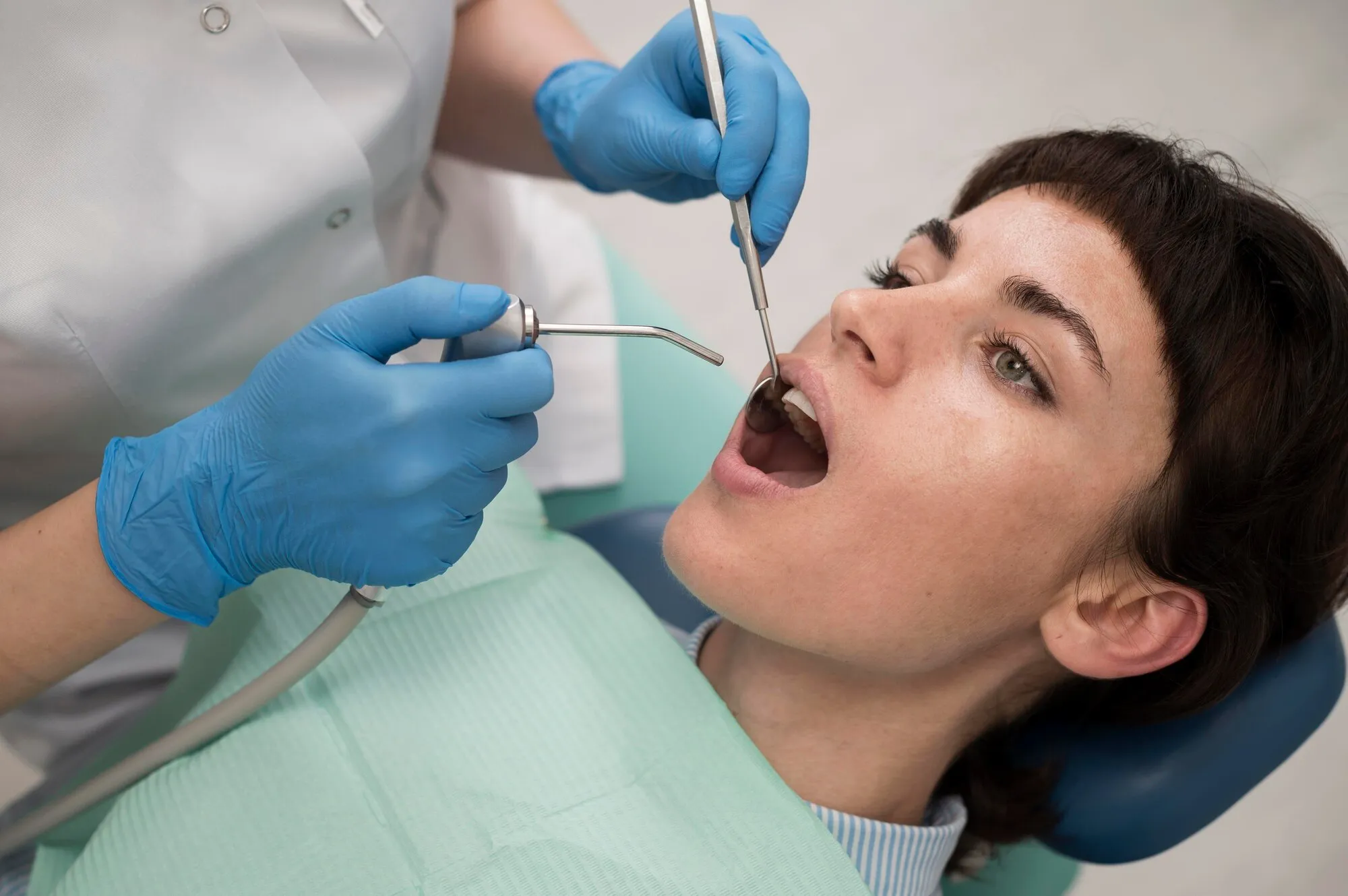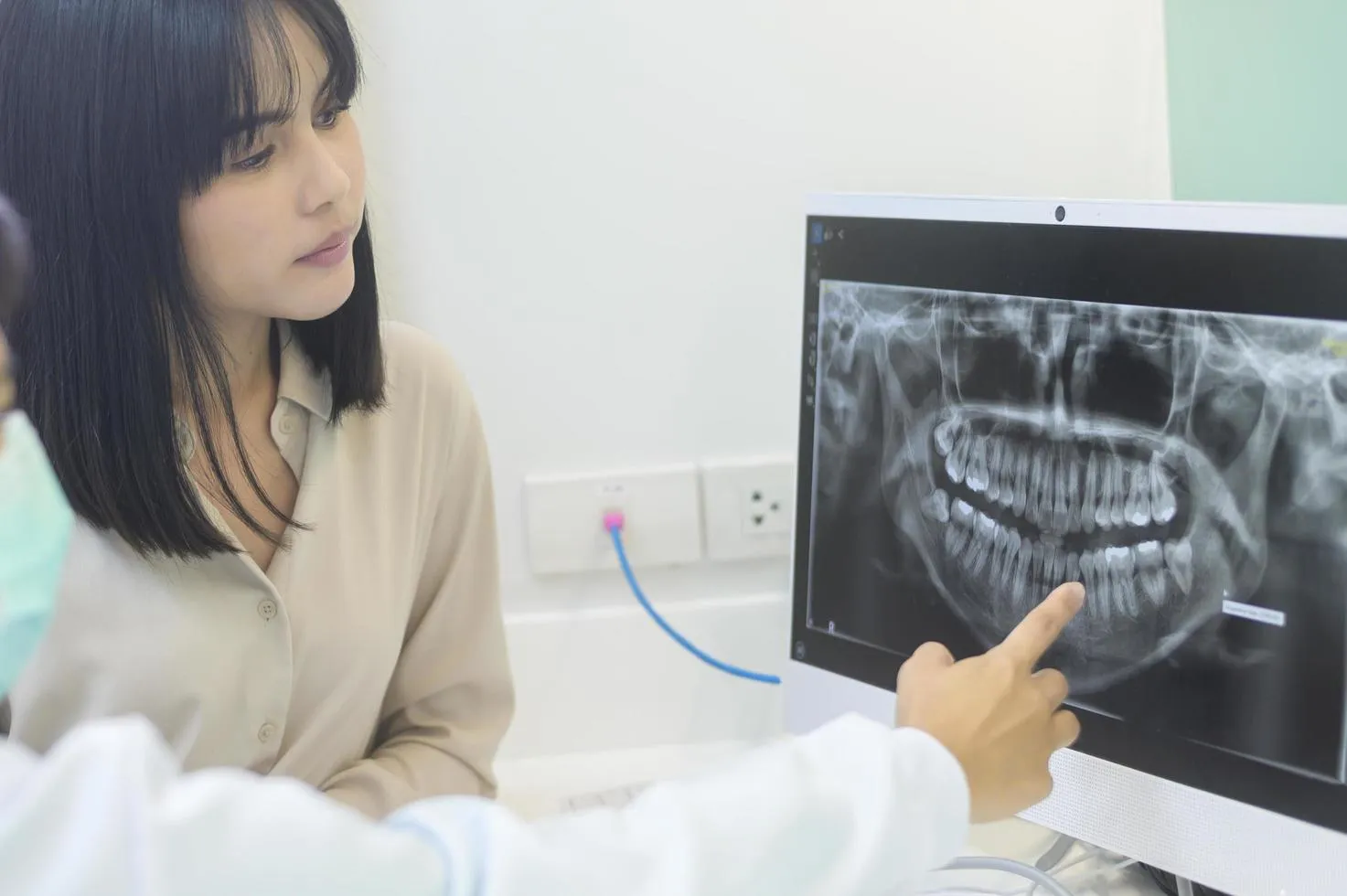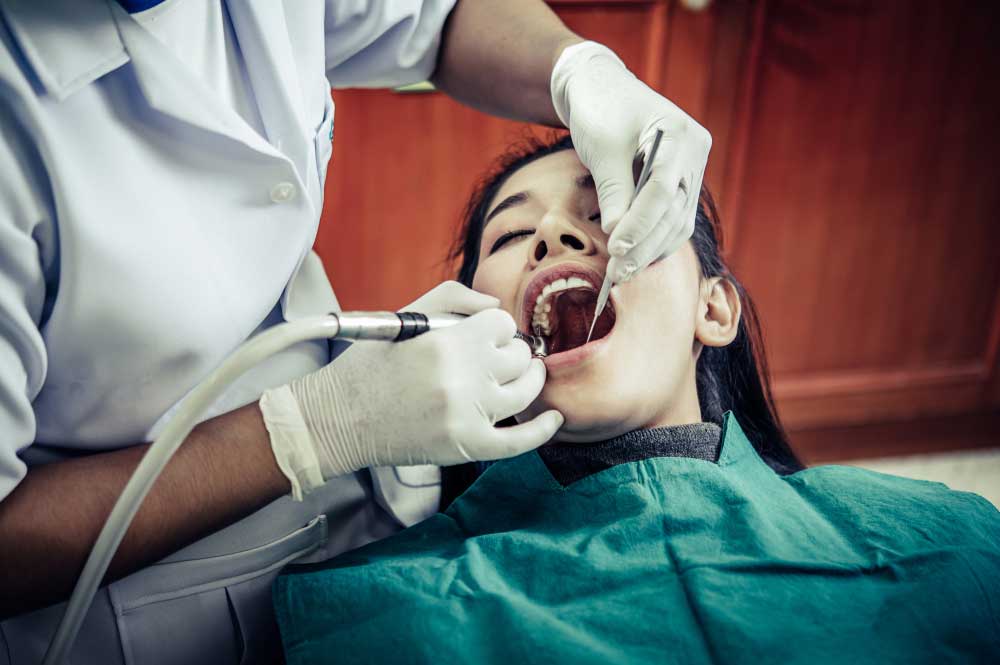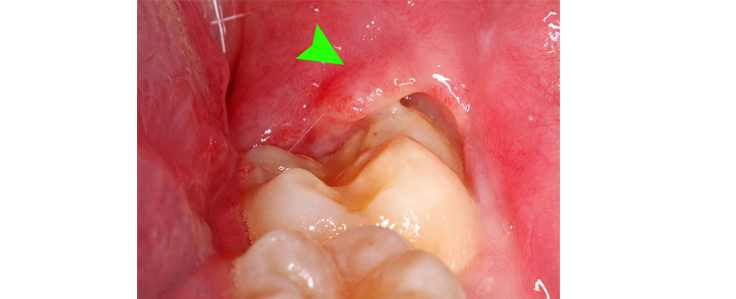Table of Contents
ToggleThe inflammation of the gum tissue surrounding the crown portion of a tooth is called as Pericoronitis. It usually affects the lower third molar where gum tissue overlaps the chewing surface of the tooth. It can be either chronic or acute and when the infection intensifies symptoms such as fever, swelling, and pain are caused. This infectious gum tissue can be removed during wisdom teeth removal in Sydney.
This dental infection is differentiated from periodontal disease as it occurs specifically around a partially erupted tooth where the tooth has not completely emerged from the gum overlying it.
Pericoronitis – Causes
The Pericoronitis is caused by the accumulation of bacteria and affects the tooth that is only partially exposed. Bacteria and food debris gets trapped in the space between the tooth and the overlapping gingiva. The overlapping gum flap is also called as operculum.
In Pericoronitis, the inflammation of the operculum takes place initially and then it is spread to other soft tissue spaces. Pericoronol infection is normally caused by the formation of an abscess under the operculum.
Risk Factors for Pericoronitis
Pericoronitis occur in young adults in their mid-20s who are experiencing poorly erupting wisdom teeth Sydney. This condition is essentially a wisdom tooth infection and the risk factors include the presence of excess gum tissue overlying the wisdom tooth.
This gum tissue makes wisdom teeth difficult to access and results in improper cleaning.
Symptoms and Signs
The signs and symptoms of Pericoronitis are listed below,
- Pain
- Swelling of the gums
- Tenderness
- Redness of gum tissue
- Bad breath (halitosis)
- Bad taste from pus
- Difficulty opening the jaw
- Difficulty swallowing
- Swollen submandibular lymph nodes
- Fever
- Loss of appetite and
- Feeling unwell
Who Can Treat Pericoronitis?
Pericoronitis can be treated by any licensed dentist who specialise in oral surgeries. The infection become more widespread only in rare cases and at this stage, emergency services with physician care might be needed.
Treatment Options
Depending on the severity of the condition, the treatment option may vary.
- Pain management and resolving the pericoronal inflammation and/or infection
- Minor oral surgery to remove the overlapping gingival tissue
- Wisdom teeth removal in Sydney.
Dentists use over-the-counter medications such as acetaminophen (Tylenol) or ibuprofen (Advil) to manage the pain of acute pericoronitis. If pericoronitis is localised to the tooth and there has been no spread of the infection, the dentist thoroughly cleans out the area under local anaesthesia.
Wisdom teeth removal is the most common remedy for pericoronitis. Opting for wisdom teeth removal eliminates any future occurrences of a wisdom tooth infection.
Willing to get wisdom teeth removal and worried of the cost involved? Visit https://wisdomteethsydney.com.au/ to know more about wisdom teeth removal cost in Sydney.





